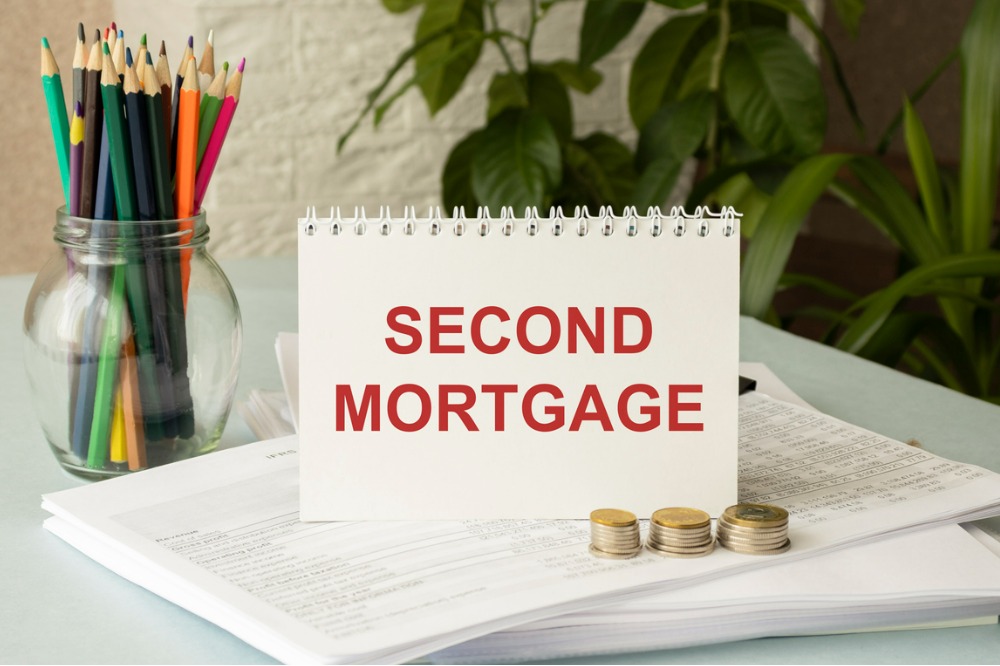
A second mortgage is a type of subordinated mortgage that is made while the original mortgage is still in effect. In case of default, the original mortgage will receive all proceeds from the liquidation of the property until fully paid off.
Because payments on the second mortgage are made only after the first mortgage is paid off, the interest charged on the second mortgage is usually higher and the loan amount is lower than the first mortgage.
A second mortgage is a lien on property that is already mortgaged.
A pledge is the right to hold and seize property under certain circumstances.
In other words, the lender has the right to take control of your home if you default on your loan. When you take out the second mortgage, the mortgage is removed from the payment on the home.
Unlike other types of loans, such as car loans or student loans, you can use the money from your second mortgage for almost anything. A second mortgage also offers a much lower interest rate than a credit card.
These differences make it an attractive choice for paying off credit card debt.
What does it mean to take out a second mortgage? When most people buy a house or property, they get a mortgage from a lender that uses the property as collateral. This mortgage loan is called a mortgage, more specifically a first mortgage. The borrower must repay the principal in monthly installments, including a portion of the principal plus interest.
Over time, home values also increase economically as homeowners pay monthly payments.
The difference between the current market value of the home and the remaining mortgage payment is called equity. Homeowners may decide to take out a home equity loan to finance other projects or expenses. The loan they have their home as collateral is a second mortgage because the first mortgage is already outstanding. A second mortgage is a one-time payment made to the borrower at the start of the loan.
Like first mortgages, second mortgages must be repaid over a specified term at a fixed or variable interest rate, depending on the loan agreement signed with the lender. The loan must be paid off first before the borrower can take on another mortgage against their home equity.
To qualify for a second mortgage, you will need to meet a few financial requirements. You will need at least a credit score of 620, a debt-to-income ratio of 43%, and you will need to have a decent amount of equity in your first home. Because you are using the equity in your home for the second mortgage, you will need to have enough to not only take out your second loan but also be able to keep approximately 20% of your home's equity in the first mortgage.
A second mortgage is different from a mortgage refinance. When you get your second mortgage, you add a whole new mortgage payment to your list of monthly obligations.
You owe another payment on your original mortgage and second lender.
On the other hand, when you refinance, you pay off the original loan and replace it with new loan terms from the original lender. With refinancing, you only pay once a month.
When your lender refinances your mortgage, we understand that if you do not repay the loan, the property is already secured. Lenders who take out a second mortgage do not get the same guarantee.